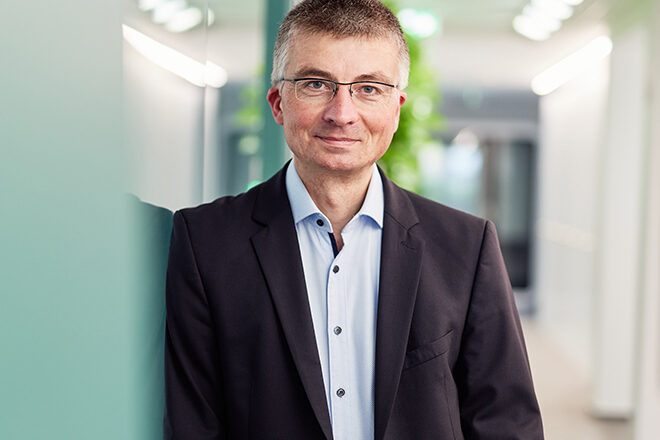
There were three founding principles and I believe it’s even more important today to emphasize these messages than it was back in 2015.
I think it’s fair to say, that today, the real dynamic in the climate policy arena comes from subnational actors: cities, regions, businesses – and diverse configurations of transnational networks. Without their leadership, I am sure, the Paris Climate Summit in 2015 wouldn’t have delivered in the way it eventually did. I see at least two crucial functions subnational actors fulfill:
At Stiftung Mercator, we shifted many of our efforts supporting decarbonization from the national policy level to the subnational domain. For us this meant increasing our investments in activities in the state of North Rhine-Westphalia, which alone is responsible for a third of total German emissions. This very fact shows how crucial it is for a successful energy transition to happen in Germany, to show in North Rhine-Westphalia that ecologic and social sustainability and economic competitiveness are by no means mutually exclusive, but quite to the contrary, that the energy transition leads the way into low carbon prosperity. There are many ambiguities to be solved on the way – and the Energy Transition Platform is one of the venues to support this transition to happen.
The energy transition, and climate action more generally is a field that touches upon many very inconsistent interests. It follows that numerous trade-offs exist in this field, or arise from this transition. In many parts of the world, we thus observe a heavy polarization of the respective discourses.
From my personal observation of the developments over the last decade, I would say that almost all the interest groups playing on this field came to realize that talking about the energy transition means talking about a fundamental societal transformation which encompasses every aspect of our communal lives. Which means that none of the interest groups will be able to shape the future just based on their own principles, values and ideas. Everybody has to compromise.
To find common ground, identify points where interests converge and to find solutions for controversial issues, dialogue is key! This may seem like a trivial insight, but it’s not, I believe. In many of the projects we initiated – some of them in co-operation with our partner European Climate Foundation – like the Agora Energy Transition, the Agora Mobility Transition or KlimaDiskurs.NRW, we found that providing room for trustful and solution-oriented dialogue between different parties, differently affected by and interested in the energy transition holds great value.
In fact, one of the very tangible benefits of philanthropy being active in this sphere, is providing platforms that allow for this kind of dialogue and peer-to-peer learning to happen. We have good evidence that this kind of dialogue can contribute to the de-polarization of certain debates, help to overcome barriers, and increase learning, which allows us all to move forward. The Energy Transition Platform adds further evidence for that. Dialogue matters, even more so in the general political times we live in, which brings me to my final message.
I briefly touched upon the fact that are many ambiguities and trade-offs still to be solved in North Rhine-Westphalia before the energy transition is successful. As another matter of fact, many other regions around the world face very similar challenges. From our point of view, it’s instrumental to bring people together around a joint challenge and to have them exchange their ideas, successes – and perhaps most importantly – failures in addressing this challenge.
We don’t have time to repeat the mistakes of others and to reinvent the wheel in every country and region over and over again. Whatever political and societal differences exist between different regions of the world, there are systematic learnings which can inform smart policy design in other places.
From my point of view, the Energy Transition Platform is strong proof of exactly that. Let’s make even more use of the distributed knowledge that exists in different sectors of society and in different places around the world. We must work together to make this transition happen. And we will only be able to do it, if we build strong partnerships that enable constructive international dialogue and cooperation.
It’s the commitment of every single person involved that makes the Energy Transition Platform’s work a success – and it’s precisely this commitment that gives me hope that together we can make this great societal transformation happen. Thank you very much for that.
You can find more of the outcomes in this new interactive report ‚The Energy Transition is Happening‚.
This text was originally published on the blog www.under2coalition.org.
